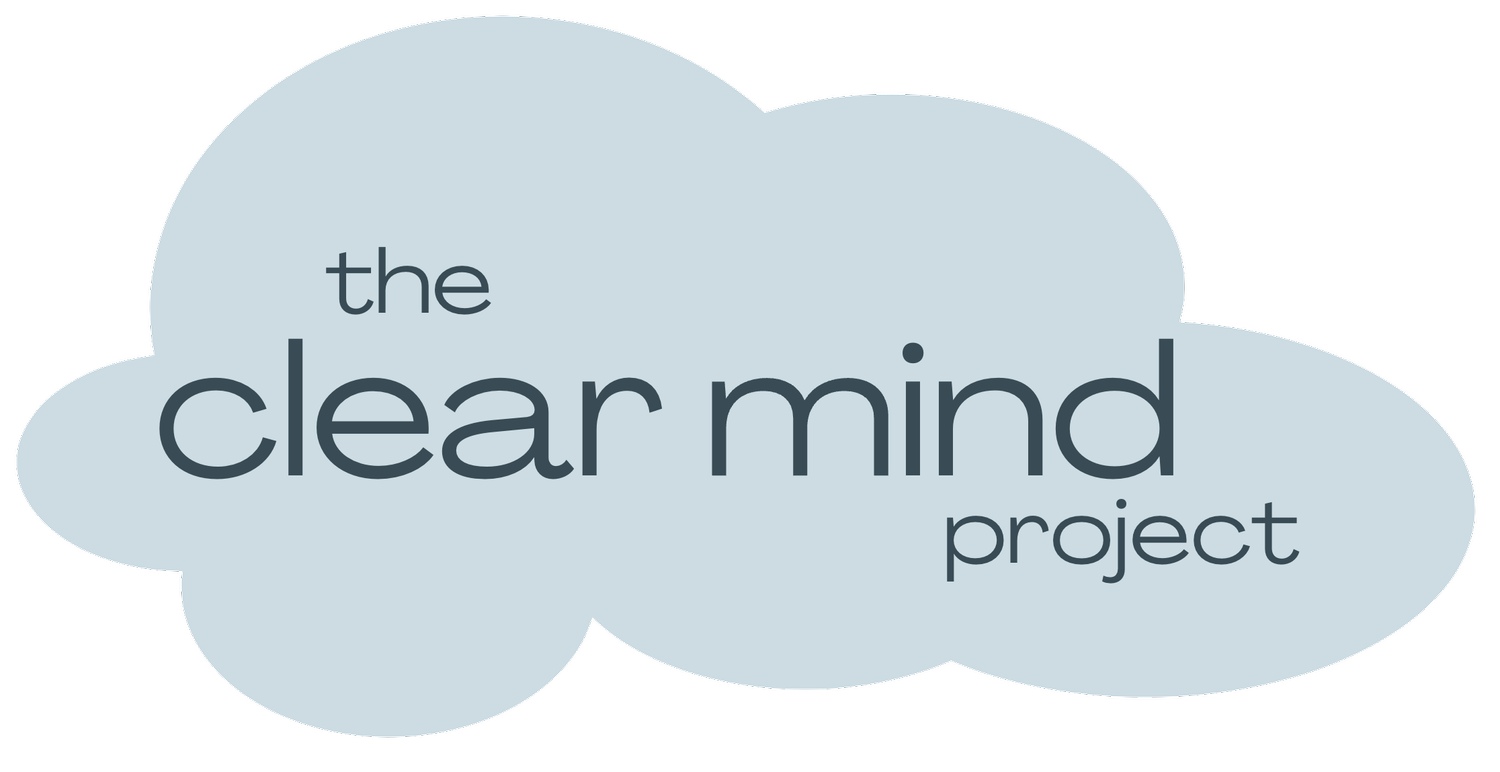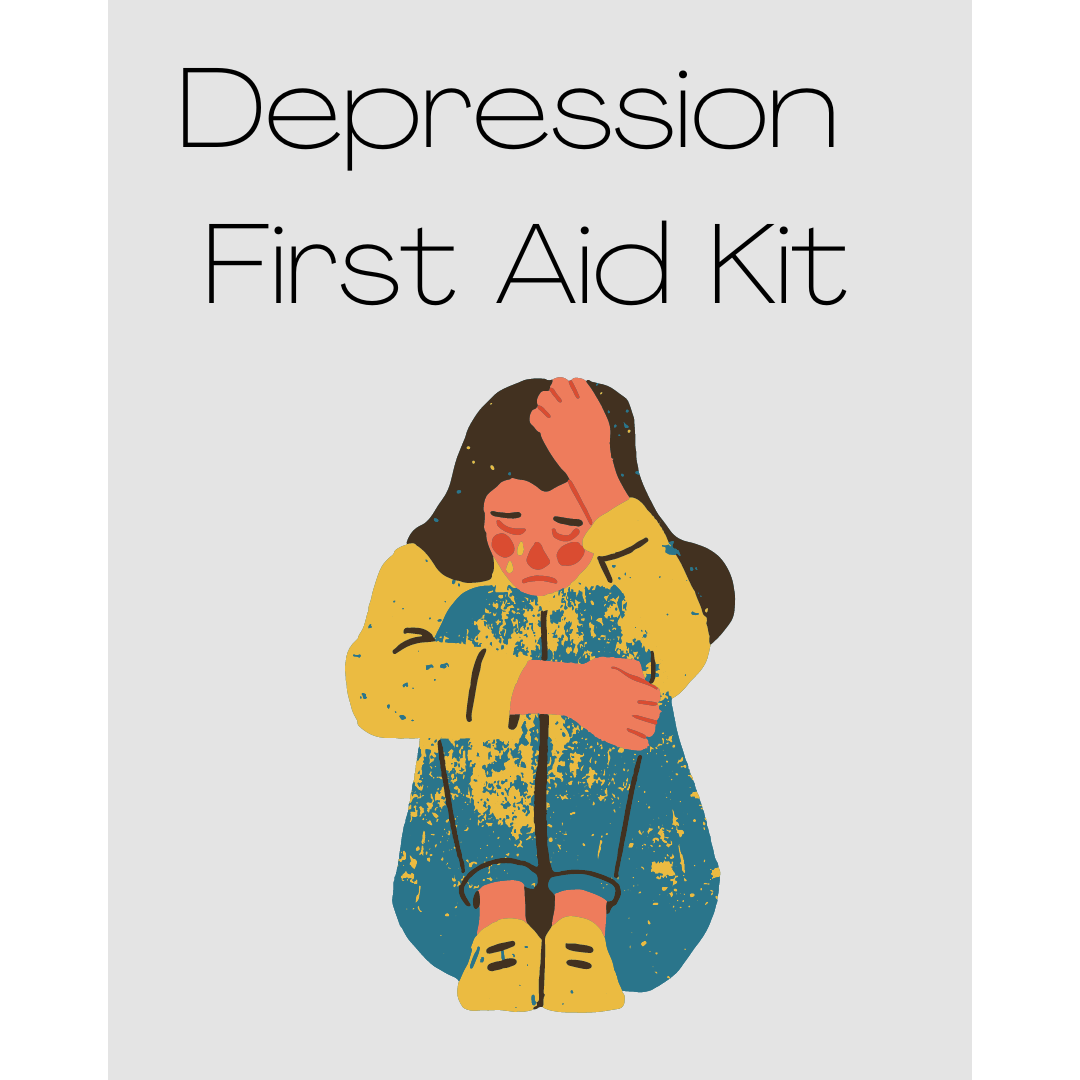Welcome to our Depression First Aid Kit. This page is designed to help those who might be in the middle of a mental health crisis, as well as those who have depression in general and are looking for tools and strategies to cope.
Often, different people find that certain tools or strategies work better for them than others. We recommend that you give each of the recommendations on this page a chance, to have the best chance of finding what works for you!
Often, different people find that certain tools or strategies work better for them than others. We recommend that you give each of the recommendations on this page a chance, to have the best chance of finding what works for you!
Immediate Coping Strategies
STOP
If you’re feeling suicidal right now – STOP. Suicide is a permanent solution to temporary problems.
Call 988 for immediate help.
If you are alone, get to where other people are.
Tell someone that you fear you’re at risk of harming yourself
Call 988
If you are in need of some other suicide resources, look at this website for good information:
What is Depression?
Depression is usually described as a persistent feeling of sadness, but it’s more complicated than that. Depression can manifest itself in all sorts of ways that aren’t always obvious signs of what traditionally might be considered “depression.”
It’s normal to feel depressed – or anxious – sometimes. We all go through things in life that trigger normal, healthy reactions and emotions including those on the negative spectrum. But there is a difference between feeling depressed or anxious in response to something going on, and having a depression or anxiety disorder.
Someone who has depression usually struggles to find a reason for the way they feel, and these feelings are usually ongoing and uncontrollable; not soothed by traditional methods of cheering yourself up or relaxing.
Here’s a helpful video from the School of Life:
Over-eating or increased appetite
Thoughts about suicide or harming yourself
Lack of ability to concentrate
Tiredness
Hypervigilance (being overly alert)
Insomnia (not being able to sleep)
Hypersomnia (sleeping too much)
Nail biting
Under eating
Over eating
Needing everything to be clean all the time
Feeling too overwhelmed to do anything
Constantly asking for reassurance and validation from others
Headaches
Nightmares
Irritability
Shyness
Loss of appetite
Signs and Symptoms of Depression
Depression is most easily characterized as a persistent sadness or loss of interest in activities. But it shows up in all kinds of different ways. It’s possible to be very “high-functioning” and depressed, or not seem outwardly depressed to other people at all. Some people are very good at hiding their depression, others try to avoid facing it, and some people may not even recognize that they are depressed.
Here are some signs and symptoms of depression:
Persistent sadness
Lack of motivation
A feeling of hopelessness
Loss of confidence
Feeling that you are a failure
Loss of interest in activities
Withdrawing from social engagements and interactions
Irritability
Insomnia (not being able to sleep)
Hypersomnia (sleeping too much)
Fatigue
Trouble concentrating
Feeling overwhelmed by simple tasks
Difficulty making decisions
Becoming very withdrawn and introverted
Becoming very extroverted and performative
Long-term Coping Strategies
Sleep
Getting a good amount of sleep has been proven to help with all mental health issues, including depression.
Exercise
Exercise has also been proven to improve mood and feelings of depression, as we release endorphins – a feel-good hormone – when we exercise. One amazing and accessible sport that helps ease depression is running. Running not only gives you a sense of confidence but is a great way to clear the mind and start the day fresh. When you're running, it is great to listen to a great podcast or a great playlist. Here are some playlists we recommend.
Another great exercise to help manage depression is yoga. Everyday Health says that “eastern traditions such as yoga have a wonderful antidepressant effect in that they improve flexibility; involve mindfulness, which breaks up repetitive negative thoughts; increase strength; make you aware of your breathing; improve balance; and contain a meditative component”. Yoga definitely helps to clear the mind and is a great start to any day. Here is one yoga video that is tailored to help with depression:
One more exercise that does not exert as much energy but is definitely effective is going on walks outside. For those who do not love to exercise, walking is a great way to put your mind at peace and clean your palate. Walking with a friend is great, but if you're looking to really clear your mind, walking alone and listening to music is amazing. Here is a great calming walking playlist:
If you are looking for a more upbeat walking playlist, here's one we love:
Diet
One commonly overlooked home remedy for depression is maintaining a good diet. Monique Tello at Harvard suggests that some foods to help are plants, like fruits and veggies, whole grains, seeds, fish and yogurt. On the other hand, it is recommended to avoid foods with excess sugar or flour, such as baked goods, and to minimize animal fats and processed meats such as bacon.
You can also check out some depression-fighting recipes tomorrow:
Stay Involved and Active
Commonly, when people are experiencing depression, they tend to reduce social engagements and retreat into themselves. Being lonely and not involving yourself with a community will only heighten depression. So, one way to manage and ease depression is by staying in touch with your friends and your community. Here is an article that explains the effectiveness of this.
Talk to a Therapist
One method of managing depression that is a little more difficult to approach but really effective is working with a therapist. Talking to a therapist has proven to truly help people with any mental health issues feel better. Although it can be expensive, if you do not think any other method is helping you, it would probably be good to reach out to your doctor about the possibility of working with a therapist. There are services out there that your pediatrician can help you find.
Express Yourself in Writing
Many mental health experts recommend writing down your feelings in a journal. Knowing that the journal is private and safe, you can express your feelings more freely without fear of others knowing. Expressing your feelings is a great way to clear your mind and rationalize your issues. If you want to read more on journaling, here's a great article.
Conclusion
Practicing one, some, or all of the above reduces depression in general, and makes you more able to deal with crises if and when they come. Please do not feel discouraged if you don’t immediately feel better – healing depression is a practice, not a single action. You will have good days and bad days. Remember to always reach out for help on the bad days.
If you have a strategy, technique or resource that has been helpful that we haven't shared here, we’d love to hear from you! Please get in touch.

